Vivien Leigh

Critics and the public say Karen Stone is too old — as she approaches 50 — for her role in a play she is about to take to Broadway. Her businessman husband, 20 years her senior, has been the angel for the play and gives her a way out: They are off to a holiday in Rome for his health. He suffers a fatal heart attack on the plane. Mrs. Stone stays in Rome. She leases a magnificent apartment with a view of the seven hills from the terrace. Then the contessa comes calling to introduce a young man named Paolo to her. The contessa knows many presentable young men and lonely American widows.
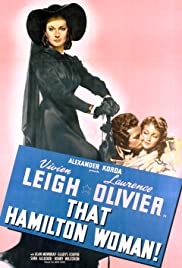
Sir William Hamilton, a widower of mature years, is British ambassador to the Court of Naples. Emma who comes for a visit with her mother wouldn’t cut the grade with London society but she gets along well with the Queen of Naples. Emma likes being Lady Hamilton and life goes smoothly until Lord Nelson pays a visit. Sir William decides at first to let his young wife have her fling and pretends not to know what is going on. But the real life lovers, whose first screen romance was in “Fire Over England” (1937) have an even more burning passion for each other in this film.
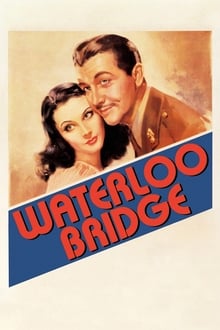
On the eve of World War II, a British officer revisits Waterloo Bridge and recalls the young man he was at the beginning of World War I and the young ballerina he met just before he left for the front. Myra stayed with him past curfew and is thrown out of the corps de ballet. She survives on the streets of London, falling even lower after she hears her true love has been killed in action. But he wasn’t killed. Those terrible years were nothing more than a bad dream is Myra’s hope after Roy finds her and takes her to his family’s country estate.
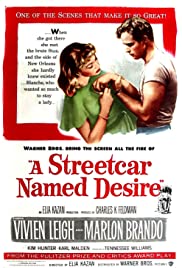
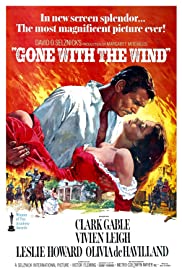
The spoiled daughter of a well-to-do plantation owner is forced to use every means at her disposal to claw her way out of poverty, following Maj. Gen. William Sherman’s destructive “March to the Sea,” during the American Civil War.
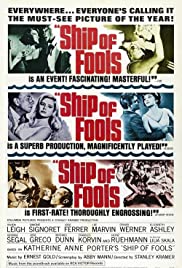
Passengers on a ship traveling from Mexico to Europe in the 1930s represent society at large in that era. The crew is German, including the ship’s Dr. Schumann, who falls in love with one of the passengers, La Condesa. A young American woman, Jenny, is traveling with the man she loves, David. Jenny is fascinated and puzzled by just who some of the other passengers are.
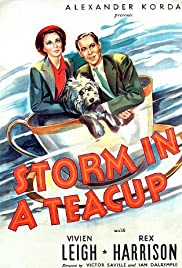
A local politician in Scotland tries to break the reporter who wrote a negative story about him, and who is also in love with his daughter.

On the sidewalks of the London theater district the buskers (street performers) earn enough coins for a cheap room. Charles, who recites dramatic monologues, sees that a young pickpocket, Libby, also has a talent for dancing and adds her to his act. Harley, the theater patron who never knew Libby took his gold cigarette case, is impressed by Libby’s dancing and invites her to bring Charles and the other buskers in his group to an after-the-play party. Libby comes alone. A theatrical career is launched.
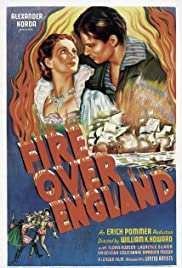
The film is a historical drama set during the reign of Elizabeth I (Flora Robson), focusing on the English defeat of the Spanish Armada, whence the title. In 1588, relations between Spain and England are at the breaking point. With the support of Queen Elizabeth I, British sea raiders such as Sir Francis Drake regularly capture Spanish merchantmen bringing gold from the New World.
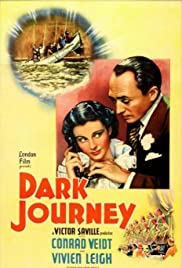
Madeline Goddard, is a British double agent who meets and falls in love with a German spy Baron Karl Von Marwitz during World War I. This tale of espionage blends high adventure and romance making perfect order from wartime chaos and growing in faith from despair.
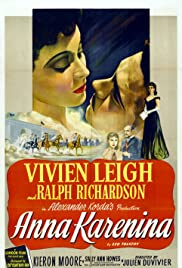
Stefan and Dolly Oblonsky have had a spat and Stefan has asked his sister, Anna Karenina, to come down to Moscow to help mend the rift. Anna’s companion on the train from St. Petersburg is Countess Vronsky who is met at the Moscow station by her son. Col. Vronsky looks very dashing in his uniform and it’s love at first sight when he looks at Anna and their eyes meet.